|
Welcome to October – when trees turn into Crayolas, when Toronto Maple Leafs fans renew their sadistic relationship with a team that will crush their hearts again in the spring and when the languorous summer game of baseball gets serious. (Let’s go Blue Jays!)
One of the stories that will come out in October is the latest census data on the ethnic origin of the Canadian population. In Canada’s very first census in 1871, 60.5 per cent of the surveyed population originated from the British Isles and 31 per cent reported French origins. Canada then was a very European-influenced country. It’s been five years since Statistics Canada revealed an ethnocultural portrait of the country. The
last data from the 2016 census indicated that British Isles and French origins were still among the most common ancestries reported, but the proportions had dropped to 32.5 per cent and 13.6 per cent respectively.
How important is Europe to Canada these days? It’s impossible to look across the Atlantic and not be concerned about what’s going on – the war in Ukraine is entering a new stage, the economy is in trouble, a new right-wing government has been elected in Italy and the future of the British monarchy is under scrutiny.
The Conversation has started a new Europe page to help readers around the world keep abreast of the latest developments on that continent. It’s a special project from The Conversation Spain, The Conversation France and The Conversation UK, but it includes stories from across our global network – including articles on Europe that have been published by The Conversation Canada. For your weekend reading, I’ve assembled a collection of stories from the new Europe page.
Have a great weekend and we’ll be back in your Inbox on Monday.
|
Weekend Reads: Europe in turmoil
|

Natasha Lindstaedt, University of Essex
Russians fleeing over the border into Georgia are encountering hostility as well as support.
| |
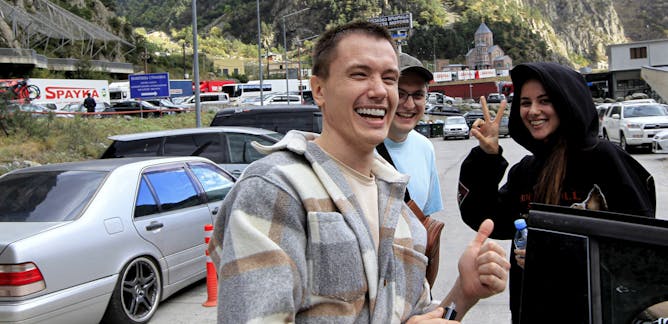
Richard Foltz, Concordia University
Russians crossing land borders into Mongolia, Kazakhstan and Georgia to avoid being drafted into the Ukraine war are experiencing very different receptions.
|

Stefan Wolff, University of Birmingham; Tatyana Malyarenko, National University Odesa Law Academy
The Kremlin claims 97% of votes counted are for the four occupied regions to join the Russian Federation.
| |

Ronan Bolton, The University of Edinburgh
The European Commission is trying to tackle the energy crisis without dismantling its cross border power market.
|
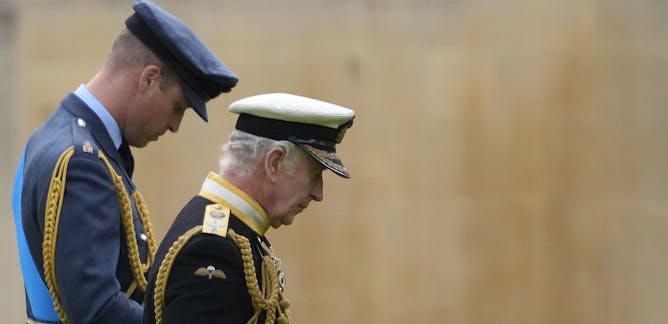
Jeffrey B. Meyers, Kwantlen Polytechnic University
Whatever Queen Elizabeth’s personal qualities, it’s time to determine how the monarchy fits Canada’s current situation as an independent country and its aspirations for the future.
| |
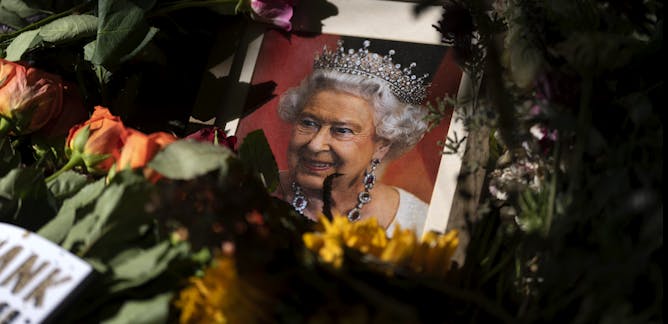
Marc Trabsky, La Trobe University
In the 19th century, ‘old age’ was once a leading cause of death, alongside the vague description ‘found dead’.
|
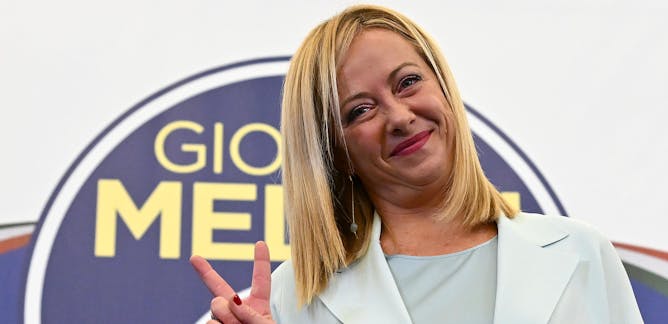
Vincenzo Galasso, Bocconi University
Italy’s next prime minister promises a lot on the campaign trail but the reality of government will prove a shock.
| |
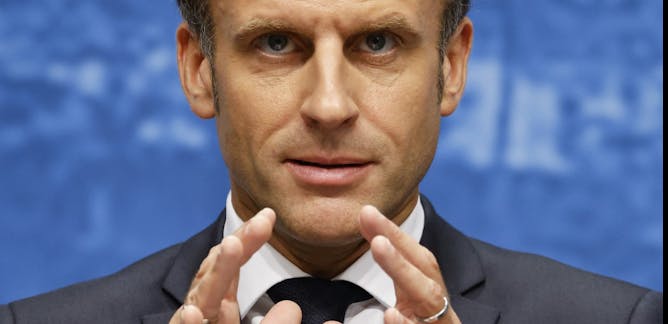
Virginie Martin, Kedge Business School; Neville Dyer, Kedge Business School
Freshly re-elected in April, France’s president lost his parliamentary majority in June. So who is Emmanuel Macron and what defines his paradoxical politics?
|

Germán Orizaola, Universidad de Oviedo; Pablo Burraco, Estación Biológica de Doñana (EBD-CSIC)
Research on Chernobyl frogs has shown that the ionising radiation caused by the accident triggered a process of natural selection among these animals.
| |
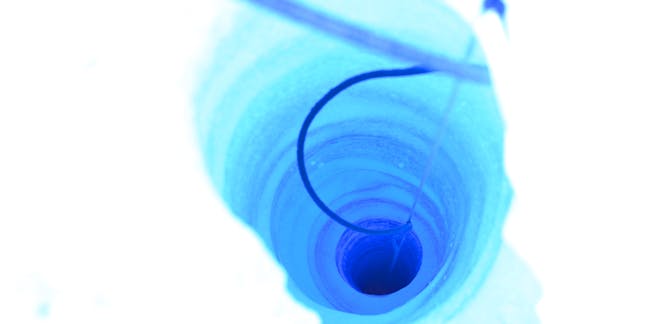
Ugo Nanni, University of Oslo
Researchers from the University of Oslo have drilled to the bottom of the Kongsvegen glacier. Find out why and how they are listening to the destabilisation of Arctic glaciers: The MAMMAMIA project.
|
|
|

Daniel Merino, The Conversation; Gemma Ware, The Conversation
Today’s psychedelics researchers still have to deal with the fallout of the decadeslong freeze on research. Listen to ‘The Conversation Weekly’ podcast.
|